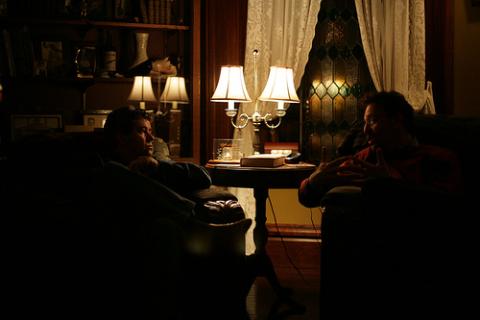
During today's show on African American speech patterns Sheilah asked about whether white Baltimoreans are at a disadvantage if they do not understand the black "vernacular" that is prevalent in much of the black community, or as the guest said 21216.
The guest responded that vernacular meant slave language, which I believed was a ridiculous reply. Clearly, Sheilah was stating that many white Baltimoreans, myself included, often do not understand what black Baltimoreans are saying.
Does the guest believe that the current black "venacular" is the same as what slaves spoke? Language is fluid, and in my experience I have a harder time understanding black "vernacular" today than I did years ago. The guest correctly pointed out that the Coppin student who reverts to "Ebonics " will have a hard time thriving outside the 21216 zip if she wants to live in a world that does not understand it. I feel that the guest understood the liability of isolation inside speech patterns that may limit future choices for her students. In the world of careers and advancement it is important to be able to communicate. Job candidates who cannot communicate are at a tremendous disadvantage.